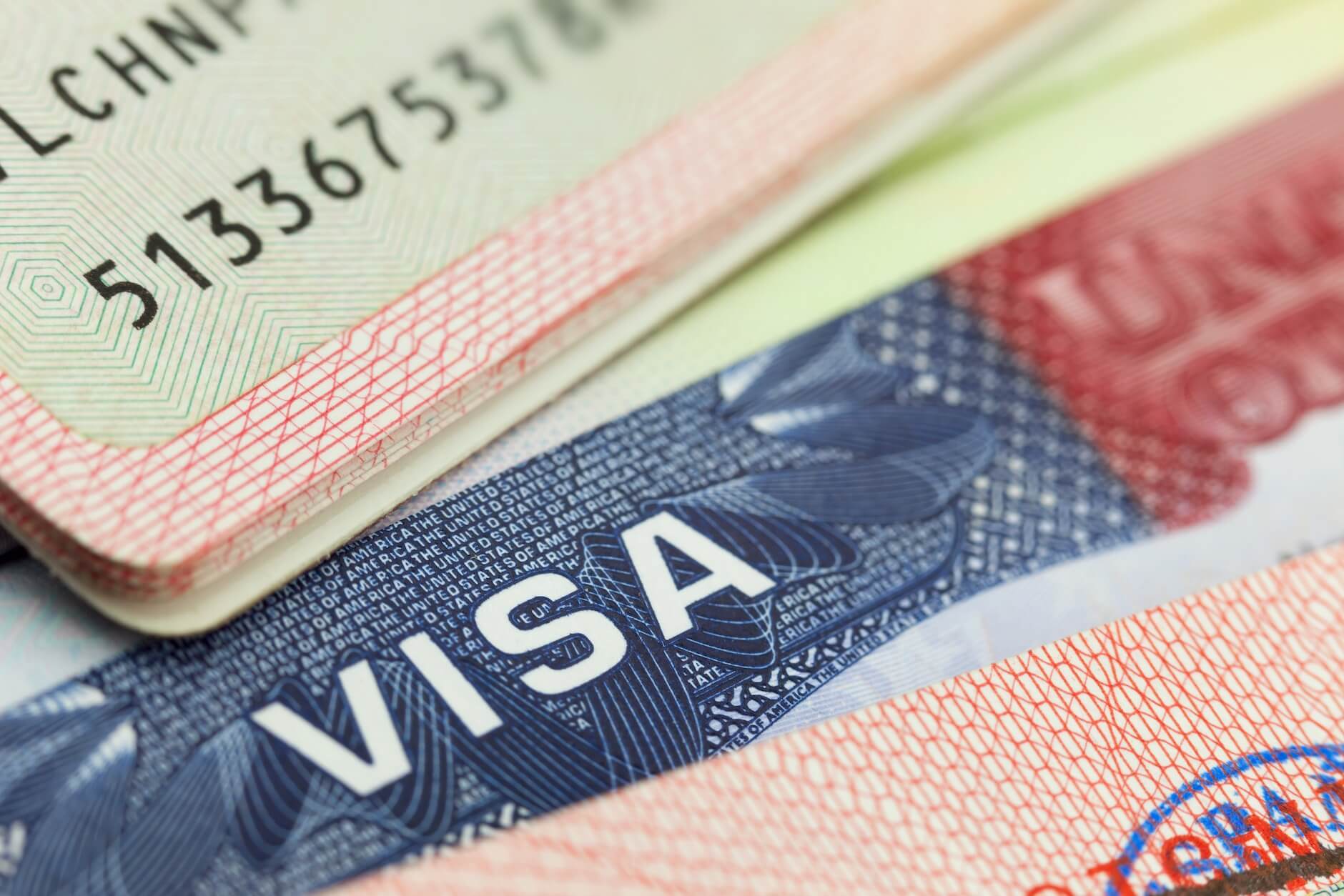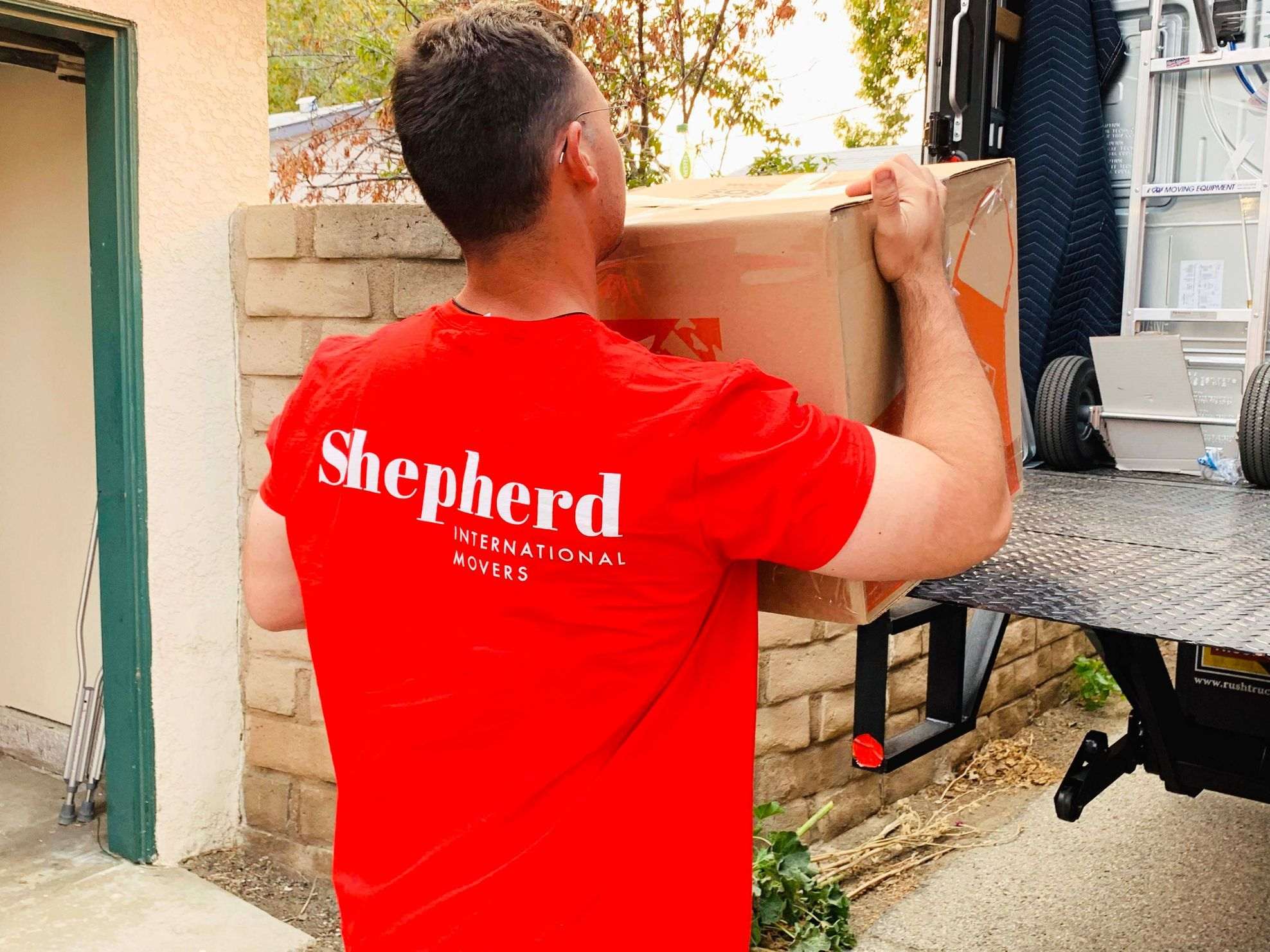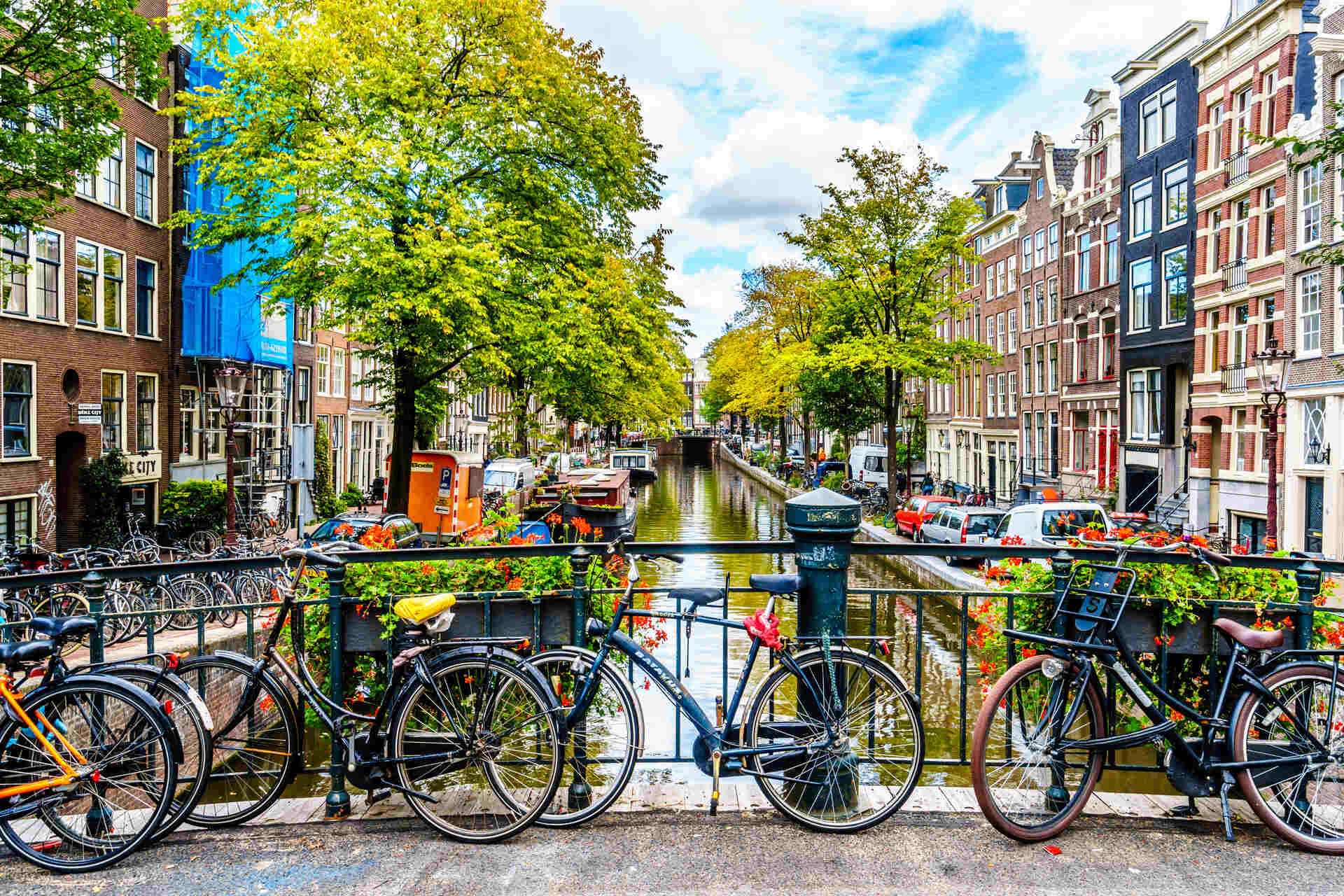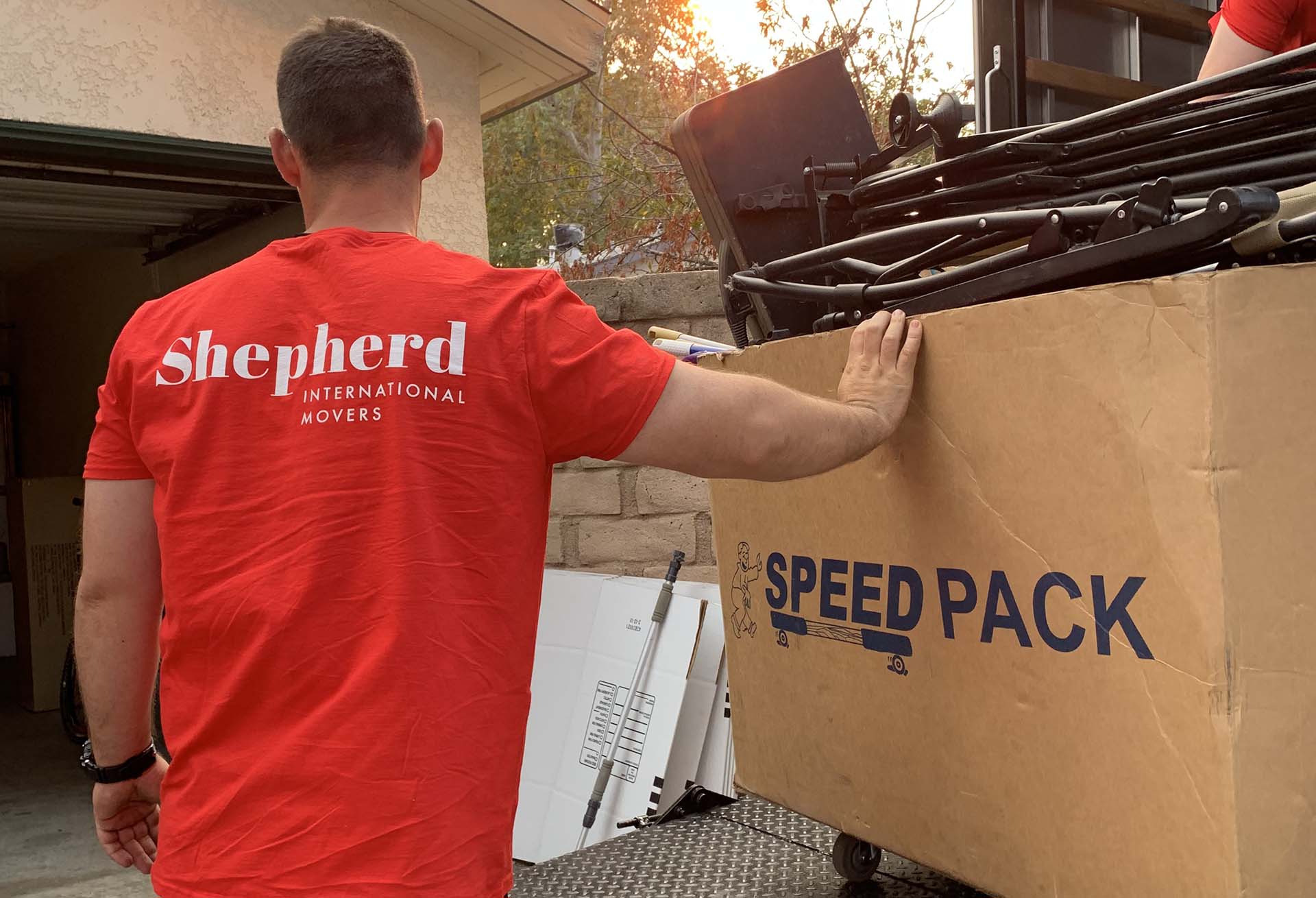

Unravel the complexities of global romance with our guide on moving for love across the planet. Discover the cultural nuances, logistical challenges, emotional dynamics, and practical strategies involved in this daring leap. Whether you’re considering a transcontinental shift or simply fascinated by love’s power to transcend borders, this comprehensive guide illuminates the path to turning your international love story into a successful reality.
If you’re considering international moving for a relationship, you first need to assess where you are as a couple – are your lifestyles compatible, and do your future plans align? Before you start preparing for a move, research your destination country. Go over legal and administrative considerations for moving abroad. Consider the financial aspect of the relocation, and don’t forget to hire movers from an international moving company. Lastly, make sure you build an emotional and social support network in a new country after relocating across the world.
Before Relocating for Love, Assess Where You Are as a Couple in the Relationship
Before embarking on the monumental journey of moving internationally for love, it’s imperative to assess the strength and stability of your relationship. This is not a decision to make on a whim or during the euphoria of the honeymoon phase. A sober evaluation of your compatibility, shared values, conflict resolution skills, and the depth of your mutual respect and understanding is essential.
Are you equally committed and willing to make sacrifices in order to make relocating abroad a smooth process? Is your bond robust enough to withstand the stress of transition and anxiety about moving overseas? Such introspection will help gauge if your relationship is ready for this significant step.
Communicate Openly and Honestly With Your Partner
Transparent communication forms the bedrock of any successful relationship, and it’s even more critical when considering relocating overseas. Discuss your long-term goals, values, and expectations. Are you both envisioning a similar future? Do your career aspirations align with this relocation? How do you both feel about starting a family?
What are your expectations from each other after you start to live abroad together? These conversations may feel challenging, but they are invaluable in avoiding misaligned assumptions and ensuring you’re both on the same page about your shared future.
Consider the Compatibility of Your Lifestyles, Cultural Differences, and Future Plans
Relocating to another country for love isn’t solely about the relationship. It involves a significant lifestyle shift and adjustment to a new country. Reflect on your adaptability and willingness to embrace different customs, languages, and norms. Consider how these changes will affect your personal growth, career, social life, and family relations. Acknowledging these factors beforehand will help you navigate potential roadblocks with resilience and understanding.

Researching the Destination You’ll Call Home Before Moving for Love
Relocating overseas for love involves an in-depth study of the place you’ll be calling home. It’s much more than knowing its geographical location. Your research should cover the climate, local amenities, transportation system, safety, and neighborhood vibes. Browse through local websites, online forums, and blogs to gain insights from those living there. This research will prepare you mentally and practically for the move and help ease the transition.
Understand the Local Culture, Language, and Customs
Recognizing and respecting local customs and traditions is paramount to assimilating successfully into a new culture and overcoming culture shock. Invest a bit of time in learning the new language, as it not only facilitates communication but also demonstrates your respect and willingness to adapt. Understand local etiquette, social norms, and food habits. This cultural knowledge will ease social interactions and help avoid any inadvertent cultural faux pas.
Research the Job Market, Cost of Living, and Legal Requirements
Understanding your financial prospects after becoming a part of an expat community is crucial. Assess the job market in your field, find out about work permits, and familiarize yourself with local work culture. Research the cost of living, which includes rent, groceries, transportation, and taxes.
It’s also essential to comprehend the legal requirements of relocating, such as visa regulations, residency permits, and any restrictions on international couples. These elements will help you plan your finances and legal matters prudently.
Explore Healthcare, Education, and Social Support Systems
Research the local healthcare system, including insurance requirements, quality of care, and accessibility. If you plan on raising a family, understanding the education system is equally important. Also, ascertain the availability of social support systems, such as expat communities or mental health services, to help you navigate difficult times. Comprehensive knowledge in these areas is a relocation hack that will ensure a safe and comfortable life in your new home.

Go Over Legal and Administrative Considerations
Relocating for love involves a series of legal and administrative processes that extend beyond packing to move abroad. These include matters like visa requirements, healthcare coverage, tax obligations, and understanding your social security rights.
It’s paramount to familiarize yourself with these factors as they can significantly influence your quality of life and financial security in the new country. Make a checklist of these considerations, seek expert advice if needed, and ensure you have a clear understanding of all these aspects.
Visa Requirements and Immigration Processes
The process of obtaining a visa to reside permanently in another country can be complex and time-consuming. The requirements vary widely depending on the country, your nationality, and the nature of your relationship. Some countries have provisions for “partner visas,” while others may require you to secure employment or prove financial independence.
It’s essential to research extensively, understand the specific requirements, and be prepared to gather the necessary documentation. It could be beneficial to seek advice from immigration experts or legal professionals.
Healthcare Coverage and Insurance Options
The healthcare system varies drastically across different countries. Some countries offer free public healthcare, while others rely heavily on private insurance. Research extensively about healthcare coverage options, costs, quality of medical services, and whether your existing insurance offers any international coverage. Also, consider exploring health insurance plans designed specifically for expats.
Tax Obligations in the New Country
Tax systems differ from country to country, and navigating them can be complicated. Your tax obligations will be dependent on various factors, such as your residency status, income source, and existing bilateral tax agreements between countries. You may also need to continue filing taxes in your home country, even if you are living abroad. It is advisable to consult with a tax advisor to fully understand your tax obligations and avoid any legal complications.
Social Security and Retirement Planning
If you plan to stay in the new country permanently, it’s essential to understand the local social security system and its implications on your retirement planning. This could include understanding the eligibility for social security benefits, whether there are bilateral social security agreements with your home country, and how your pension or retirement savings will be affected. You may need to adapt your retirement planning strategy accordingly, which might involve seeking advice from financial planning professionals.

Don’t Forget About Financial Planning
While relocating for love can be a romantic endeavor, it also requires practical financial planning. It’s vital to assess your savings, consider potential income sources, and create a relocation budget. Don’t overlook aspects like the cost of living, healthcare, and any unforeseen expenses that might arise. If you’re relocating to a country with a different currency, be sure to account for exchange rates. A well-thought-out financial plan can help mitigate relocation stress and allow you to focus on enjoying your new journey.
Calculate the Cost of Living in the New Country
Before relocating, take time to understand the cost of living in your new country. This includes rent or mortgage payments, utilities, groceries, transportation, leisure activities, and other daily expenses. Check out online resources or connect with locals or expats to get a realistic picture. The cost of living can significantly differ from your home country, and being prepared for this relocation financially can help you adapt more comfortably.
Explore Job Opportunities and Income Prospects in the New Location
Your ability to earn income is crucial for financial stability. Research job opportunities in your field in the new location and understand the local job market so you can find a job abroad more easily. If remote work is an option, discuss this with your current employer. Be prepared for possible periods of unemployment during the transition, and consider how this might impact your finances. Having a clear picture of your prospects can help in making informed decisions.

Hire Movers to Handle Logistics
Hiring professional international movers can significantly ease the logistics of your relocation. As you prepare to start a new chapter of your life in a different country, it’s beneficial to delegate the complex task of shipping your possessions to experienced professionals. Here are some key reasons to move with international movers:
- Professional movers have the necessary experience to handle the complexities of international logistics, which includes customs clearance and adhering to international relocation regulations.
- Movers can provide packing assistance and transport items securely, reducing the risk of damage during transit.
- Movers have the resources to ensure timely delivery of your belongings, enabling you to focus on other aspects of your move.
- Most international relocation companies offer insurance coverage for your belongings during transit, providing you with peace of mind.
- By taking care of the heavy lifting, professional movers significantly reduce the stress associated with relocating.
Build Emotional and Social Support Systems
Relocating for love is an emotionally intense journey, often accompanied by coping with nostalgia and cultural adjustment. It’s critical to anticipate these emotional challenges and equip yourself with strategies to navigate them. Embrace the local community, join expat groups, or engage with online forums. These connections can offer helpful insights, companionship, and a sense of belonging.
Homesickness is a common emotion when you move away from familiar surroundings. Allow yourself the time to grieve for what you’ve left behind and gradually embrace your new environment. Maintaining open communication with your partner is vital. Share your feelings, concerns, and experiences as they arise. Remember, you’re a team navigating this journey together. Through mutual support, understanding, and patience, you’ll foster a stronger bond.

This Guide and Shepherd International Movers Will Ensure You Relocate Without a Fuss
Whether it’s researching your new home, understanding legal intricacies, or dealing with logistical challenges, relocating for love across the world can seem daunting. However, with this comprehensive guide and the professional support of Shepherd International Movers, you can be assured of a fuss-free transition. Thanks to the professional relocation services provided by our international moving company, your move will be a pleasant experience.
We understand the emotional dimension of such a significant life change and offer comprehensive, tailored service. So, as you embark on this exciting journey of international love, rely on Shepherd International Movers to make your transition as smooth and hassle-free as possible. Love may know no boundaries, but successful relocations do need careful planning and professional handling, so be sure to contact us and get your free quote!
FAQ
How Can I Overcome Language Barriers in the New Country?
Overcoming language barriers can be a challenge, but modern technology offers resources like language learning apps and online courses to aid in this process. Taking language classes in your new country can also provide an immersive learning experience. Remember, practice is key. Engage with locals, and don’t be afraid to make mistakes.
What Should I Do if I Feel Homesick or Struggle to Adapt to the New Culture?
Feeling homesick, struggling to adapt to a new culture, or even experiencing adjustment insomnia is completely normal. Stay connected with family and friends back home and share your experiences. Allow yourself to grieve for what you’ve left behind, but also strive to appreciate your new surroundings. Engaging with the local culture through food, festivals, and traditions can aid with adaptation.
Is It Necessary to Learn the Local Language Before Moving?
While not always necessary, learning the local language can significantly ease your transition and demonstrate respect for your new community. Even basic knowledge of greetings, directions, and common phrases can be beneficial.
How Do I Find a Job or Continue My Career in a New Country?
Start by researching the job market and potential opportunities in your field. If possible, network with professionals in the area. You may also consider remote work or transfer within your current company. Be patient, as job hunting can take time.
What Resources Are Available for Meeting New People And Making Friends?
Joining local clubs or interest groups can be a great way to meet new people. There are also numerous online platforms and expat communities that facilitate social connections. Volunteering or taking part in community events can help you build a social network while also learning more about local culture. Remember, forming meaningful connections takes time, so be patient with yourself.








